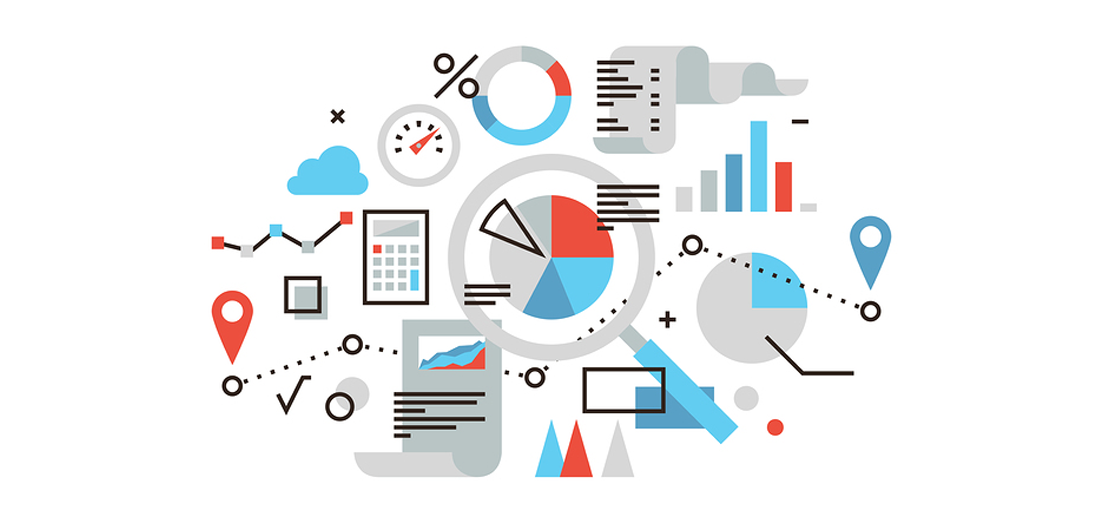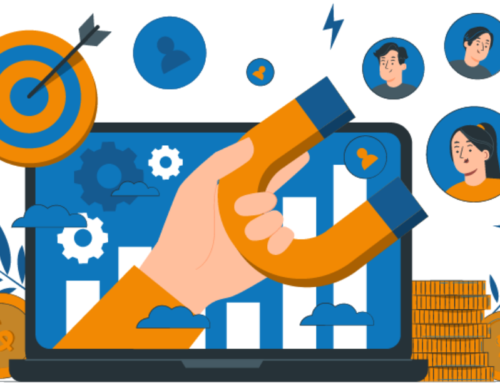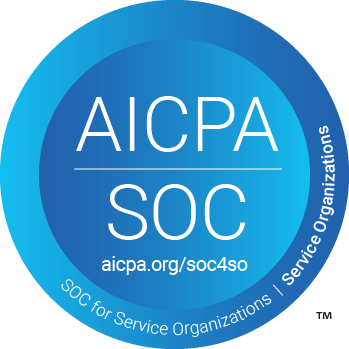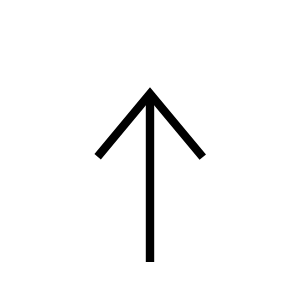Textbook Definition of a Marketing Automation Platform
A marketing automation platform is typically software designed to provide computer processes that execute marketing tasks and workflows. The goal of marketing automation is to create an efficient and effective way of interacting with prospects and customers. The best marketing automation platforms include ways of sending “the right message at the right time” while measuring the results.
Real World Definition of a Marketing Automation Platform
If your company starts out small, you can easily create 1-to-1 marketing messages via email, social media and text messages. When your business grows, though, you may find that you are unable to handle everything with a patchwork system of email, spreadsheets and databases. Rather than hiring more people, you may choose to employ a marketing automation platform that can intelligently perform those same tasks with limited manual effort. For example, you may post a new article to your blog, and a marketing automation system could share the link via email and social media. Or when a new prospect arrives, your system could schedule follow-up messages and tasks across all the appropriate channels for that contact. No employee performs any work for these actions — it happens because of your marketing automation autopilot.
The Benefits of a Marketing Automation Platform
Deliver a Better Customer Experience
Your prospects and customers appreciate receiving timely, helpful information. Good marketing automation systems also personalize communications so messages seem less “robotic”. Intelligent lead nurturing processes can educate the customer. They can also clearly differentiate your offering over the course of the sales cycle.
Lower Your Operational Costs
You can reduce staffing and streamline your operation using marketing automation. Yes, you still create messages, collateral and campaigns as part of marketing. But software manages the distribution of that information instead of people. Your system can also accurately track results and provide reporting on outcomes. Above all, marketing automation saves time so you can focus on other aspects of your business.
Improve Your Sales Closing Rates
The old adage “customers buy when they’re ready to buy, not when you’re selling” is accurate. With a marketing automation platform, you can keep your product or service in front of a prospect until the time is right. Drip campaigns can span across multiple channels (SMS, email, social) to improve the chance that your messages are seen.
What’s Included in a Marketing Automation Platform
Marketing Database
Your core system includes all your leads and customer information, with details about their past activities and preferences. A well-designed database supports segmenting and personalizing.
Marketing Automation Tools
You need a set of tools to create your marketing processes, define your messages and build your marketing channels. Think of it as your command center for all your marketing campaigns. The best tools integrate well with existing tools and extend their capabilities.
Performance Reporting
Analytics are critical in intelligent marketing automation. You need to be able to test, measure and optimize your campaigns to obtain the highest return on your investment. You want to understand as much as possible about the effectiveness of your campaigns:
- Messages sent
- Calls made
- Messages read
- Calls completed
- Call durations
- Specific actions taken (like clicks)
- Stops along the customer journey, and ultimately
- A tie-back to revenue.
When You Need a Marketing Automation Platform
If your company receives a steady flow of inbound leads and you’re ready to accelerate growth, marketing automation may be a critical choice to help you scale. Rather than growing your sales team, you automate processes. Yes, you still have conversations, but some of the interval steps are automated, triggered by actions from the prospect/customer or your sales team. If you use a content marketing program, you can build it into your workflows too. Tracking all of the customer touchpoints manually may be impossible, but not with a marketing automation solution.
To decide if you are ready for marketing automation, consider if your needs include a mix of the following. If you:
- Regularly receive inbound leads
- Want to scale up
- Have a solid understanding of your customer journey
- Have a marketing process in place (or at least designed) to nurture your leads
- Currently use or are considering a content marketing program
- Need stronger metrics for your marketing campaigns






